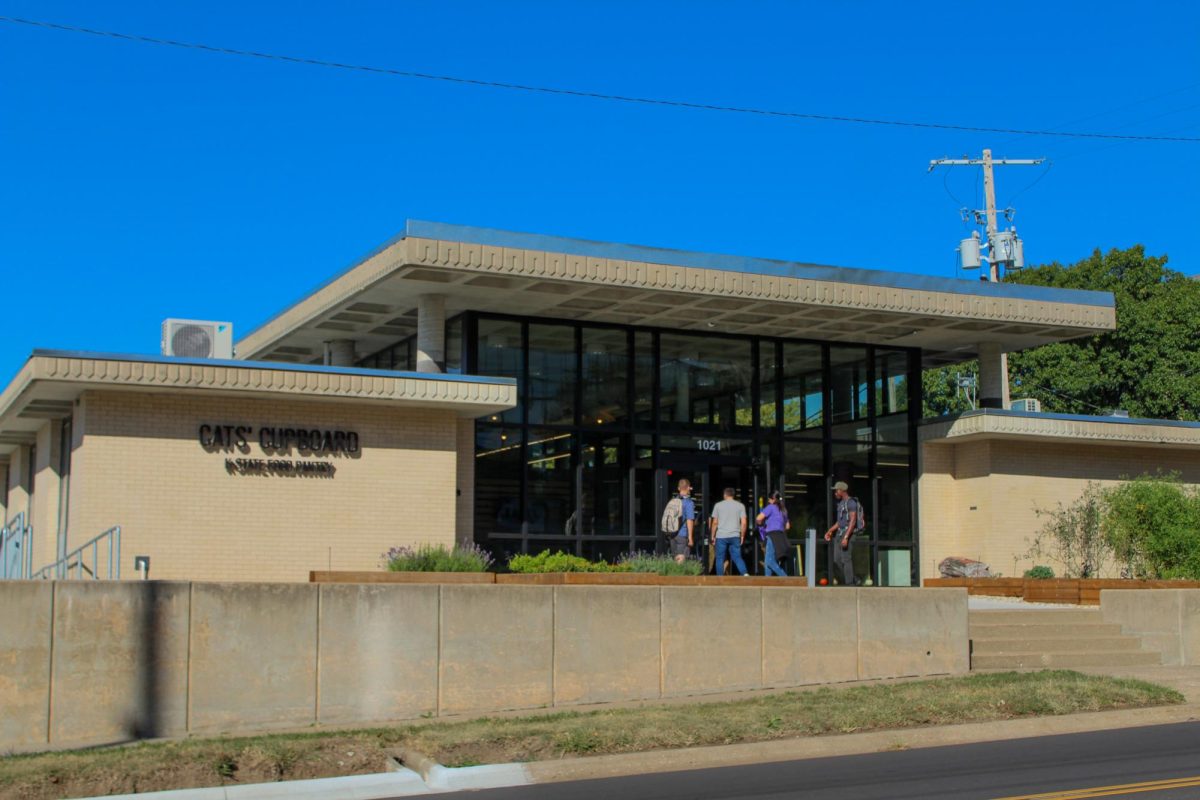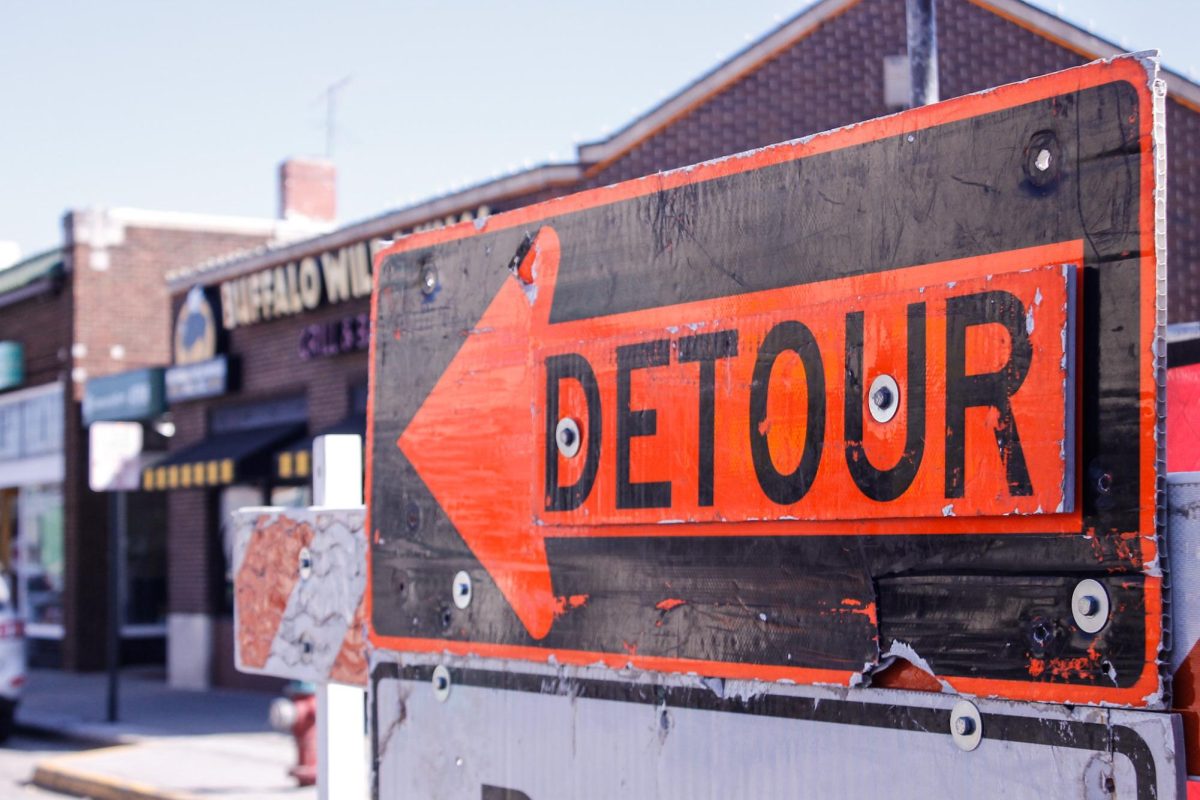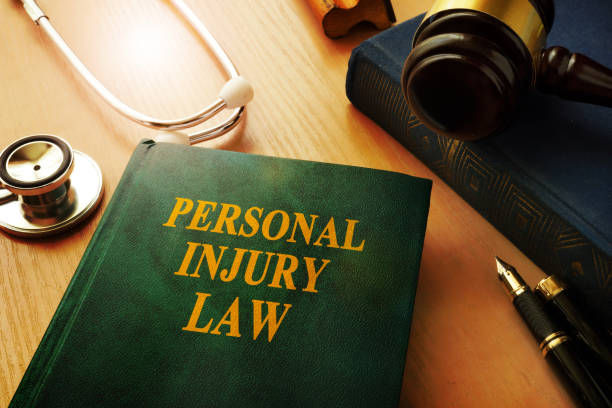If another person or entity’s negligence or intentional actions have harmed you, you have the right to file a personal injury (PI) case against them.
The objective of these lawsuits is to help you recover the compensation for your medical bills, lost income, and any damage brought on by the incident. But navigating the legal system may be difficult, particularly for plaintiffs taking legal action for the first time.
This blog provides the clarity and assurance you need to proceed with your claim. It answers five frequently asked questions by plaintiffs regarding personal injury lawsuits.
1. What Is a Personal Injury Case?
When someone is harmed as a result of the negligence or intentional actions of another person, a personal injury case is filed. Usually, these claims aim to get damages, such as lost wages, medical costs, property damage, and pain and suffering.
Personal injury case examples include:
- Car accidents: Resulting from negligent or reckless driving.
- Slip and Falls: Occurring on unsafe premises.
- Medical Malpractice: Caused due to mistakes by medical professionals.
You hold the negligent party responsible and pursue monetary compensation by filing a PI lawsuit to help your healing process.
2. Does My PI Case Require Legal Counsel?
Although it is technically possible to deal with a personal injury lawsuit alone, your chances of success are greatly increased by working with an experienced lawyer. This is the reason:
- Professional Advice: Lawyers are knowledgeable about the law and will make sure you follow the right procedures.
- Evidence Collection: They can compile important evidence, including accident reports, witness statements, and medical records.
- Negotiation Skills: Lawyers are able to argue with insurance companies to get a reasonable payment, which can often be more than you might get on your own.
In addition to making the procedure easier, an attorney’s experience guarantees you the maximum compensation for your losses and injuries.
3. What is the Value of My Case?
A personal injury case’s worth is determined by a number of factors, including:
- Severity of Injuries: Compensation is usually higher for more severe injuries.
- Medical Expenses: Treatment expenses, both present and future, are included.
- Lost Income: Compensation may be given to make up for lost income while recovering and for reduced earning potential.
- Non-Economic Damages: Emotional discomfort, pain, and suffering are examples of non-economic damages.
Even though every case is unique, a lawyer can assess your claim and offer a reasonable estimate based on your situation.
4. How Much Time is Needed to Settle a PI Case?
A personal injury case’s resolution time varies depending on a number of circumstances, such as:
- Complexity of the Case: While simple cases can be resolved in a few weeks, complex ones may take months or even years.
- Negotiation Process: If the parties are unable to agree on a reasonable sum, settlement negotiations may take a while.
- Court Schedules: The availability of the courts may cause additional delays if the case proceeds to trial.
It’s important to be patient. Even though the process could seem dragged out, rushing to settle could leave you with less money than you are entitled to.
5. What Must I Not Do in My PI Case?
Avoid the following blunders to safeguard your claim and increase your chances of success:
- Posting on Social Media: Sharing information about your case or your injuries could lead to their being used against you in court.
- Accepting Initial Offers: In order to quickly conclude the case, insurance firms may make low settlement offers. Speak with a lawyer before agreeing.
- Ignoring Medical Advice: Your case may be weakened if you neglect to adhere to treatment plans or show up for appointments.
You may make your case stronger and increase your chances of receiving fair compensation by staying clear of these mistakes.











































































































